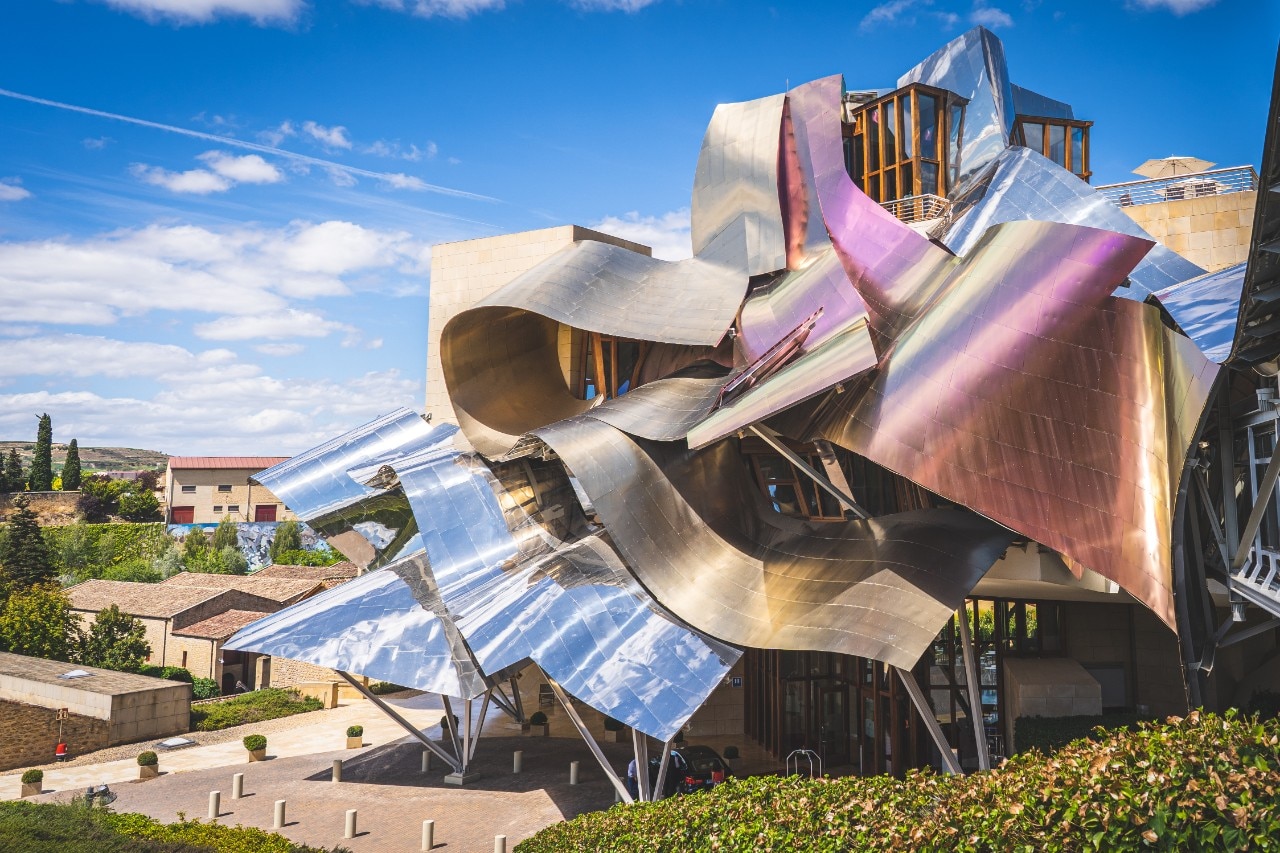If a well-known refrain claims "this house is not a hotel" when one recognises the incautious attitude of exchanging a domestic cocoon, symbol of rootedness and intimacy, with a place of indifferent and quick passage, sometimes one can also turn the phrase upside down and affirm that "this hotel is not a house", when assuming (as George Bernard Shaw did) that the advantage lies in being an excellent refuge from domestic life.
And such craving for escape from the grinding gears of daily routine, as well as a hospitality that offers the privilege of being shamelessly cuddled (both materially and spiritually), is what contributes to the appeal of luxury (or not necessarily luxury) hotels as places of personal fulfilment and regeneration, no matter if it is temporary.
Faced with a theme so closely linked to individuality immersed in a mass phenomenon, with the non-home par excellence offering (selling) nonetheless an alternative dwelling experience, as well as with a theme of social and economic representation second in importance only to a few others, architecture has found itself in its more or less recent history seeking different approaches. The very careers of some of the most relevant names of past and present decades have in a hotel project a turning point, or a particular deepening of their research and expression.
We propose a selection of hotels designed by the greatest architects of all time (Wright, Lautner, Le Corbusier, Jacobsen, Ponti, Niemeyer, Rossi, Thun, Gehry, Botta, Foster, Kuma, Hadid, OMA), being aware that staying in a piece of modern and contemporary architectural history, with the exception of a few (rare) cases, may require a financial effort that is not as pleasant as the immersive experience it offers.

A new world of Italian style
The result of an international joint venture, Nexion combines the values of Made in Italy with those of Indian manufacturing. A partnership from which the Lithic collection of ceramic surfaces was born.






























